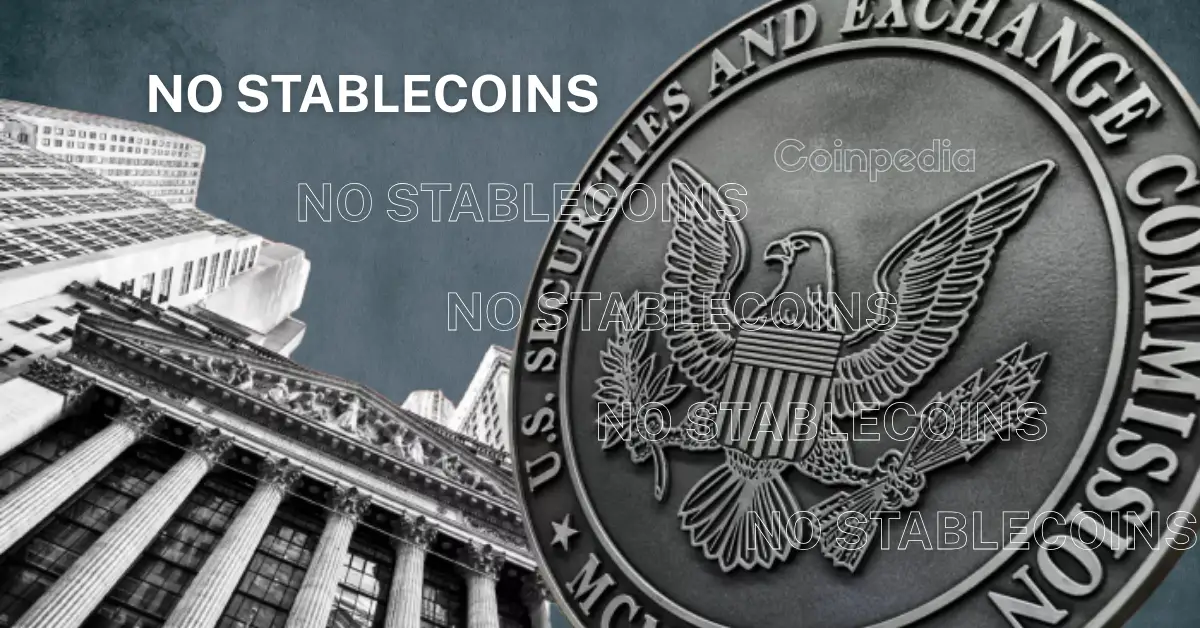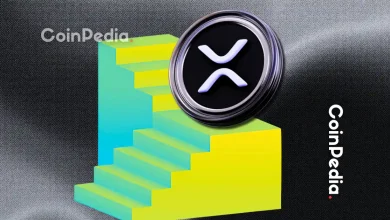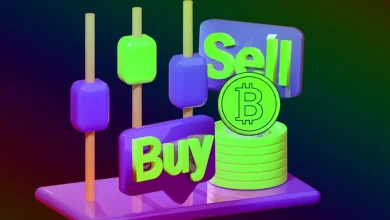
The SEC will not regulate "Covered Stablecoins" (1:1 USD-backed with safe reserves) as securities.
This exemption does not apply to algorithmic, yield-bearing, or non-USD pegged stablecoins.
While positive for some stablecoins like USDC, users cannot earn interest on these SEC-exempted coins.
The U.S. Securities and Exchange Commission (SEC) is stepping back from regulating certain stablecoins — and that’s a big deal. These digital dollars won’t be treated like stocks or investment tokens anymore, meaning less red tape for some crypto projects. It’s a surprising shift from an agency known for cracking down hard on crypto.
So, why the change? And which stablecoins actually get a pass? The details might surprise you.
Introducing “Covered Stablecoins”
Fox Business journalist Eleanor Terrett reported that the SEC has introduced a new category called “Covered Stablecoins.” These are digital coins that always hold the same value as the U.S. dollar — one coin is equal to one dollar.
To qualify, the coins must be backed by safe, easy-to-sell assets that match or exceed the amount of coins in circulation. That means they are considered stable, reliable, and can be exchanged for real dollars at any time.
Also Read: Ripple Lawsuit News: Ex-SEC Lawyer Reacts to Unusual XRP Filing by $10M Fined Stock Dealer
Not Treated as Investments
The SEC’s Division of Corporation Finance made it clear that these kinds of stablecoins are not being treated as investment products. Because of that, they don’t fall under the SEC’s authority — a big win for companies trying to stay compliant while offering dollar-backed crypto.
Some Stablecoins Still Under Scrutiny
However, this change doesn’t apply to all stablecoins. The SEC said the new guidance does not include algorithmic stablecoins (which use code to keep their value steady), stablecoins that offer yield or interest, or those tied to other assets like gold or foreign currencies. These types may still be considered securities or face other kinds of regulation.
Good News for USDC and PYUSD — But There’s a Catch
This move is a positive step for regulated, dollar-backed stablecoins like Circle’s USDC and PayPal’s PYUSD. It gives them more clarity and room to operate. Still, the rest of the stablecoin market remains stuck in a gray area.
One important thing to note: even though stablecoin companies can earn money from their reserves (for example, interest from bank deposits), they are not allowed to share that money with users. So, if you’re holding one of these “Covered Stablecoins,” you won’t earn interest just for holding it.
Coinbase Pushes Back, Circle Applauds
Coinbase CEO Brian Armstrong isn’t happy about that rule. He wants Congress to change it so users can earn interest without the coins being treated as securities.
On the other hand, Circle President Heath Tarbert welcomed the SEC’s decision. He said only stablecoins with real, reliable backing — like USDC — should qualify under the new rules.
Crypto and Politics Are Heating Up
At the same time, Congress is working on new laws around stablecoins. Bills are moving through both the House and Senate, with support from both Democrats and Republicans.
And with Trump supporters now pushing their own crypto proposals, all eyes are on the SEC’s upcoming crypto summit, where crypto trading will be a major topic.
For now, some stablecoins can breathe easier — but in crypto, calm waters rarely stay that way for long.







